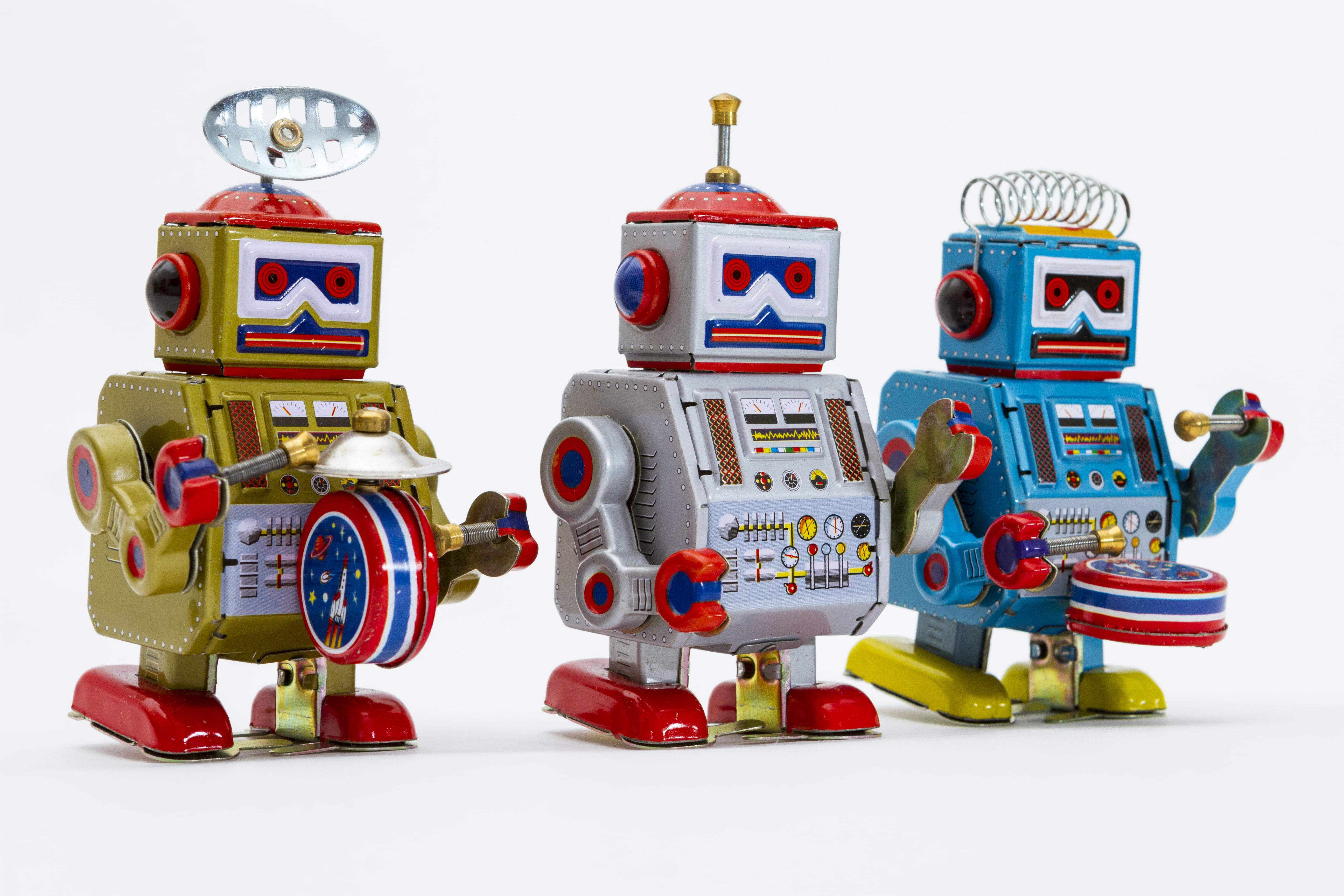The relations between human beings and robots are reaching a whole new level, and this program is the living proof, researchers say. The name of this new project is MUSICA (Musical Improvising Collaborative Agent), and its purpose is to come up with a musical robot able to improvise a jazz solo in response to an actual person performing jazz.
This program is in the hands of the School of Art and Design at the University of Illinois at Urbana-Champaign, and is funded by DARPA (Defense Advanced Research Projects Agency), the U.S. military branch accountable for developing and exploring new technologies. This may sound curious to many, but their aim is to actually explore the complex way in which people can interact with compares and robots.
“There is definitely a desire for more natural kinds of communications with computational systems as they grow in their ability to be intelligent” Ben Grosser, a researcher and assistant professor at the University of Illinois, declares to Live Science. “A lot of us are familiar with various methods of interacting with computers, such as text-based and touch-based interfaces, but language-based interfaces such as Siri or Google Now are extremely limited in their capabilities”.
This challenges our fixed idea that only humans can be creative and opens endless possibilities to artistic interactions with machines. “Humans tend to think that art is something that only humans can make” Benjamin Grosser, professor of new media at the University of Illinois, told. “I’m interested in what the boundaries of that are.”
To create this machine, the researchers will have computers analyst a vast database of real jazz improvisations. This will allow the robot to respond in real time with a original jazz solo. This is just the start of a five-years research plan, but it has already raised interest among both technology and arts enthusiasts.
“By creating computational systems that act as artists, we not only start to reconsider what art is, who makes it, and what its boundaries are, but we also get a better look at how we make art and what we think as artists” Grosser said.
Source: Illinois News. Image: Shutterstock

Share your thoughts and join the technology debate!
Be the first to comment